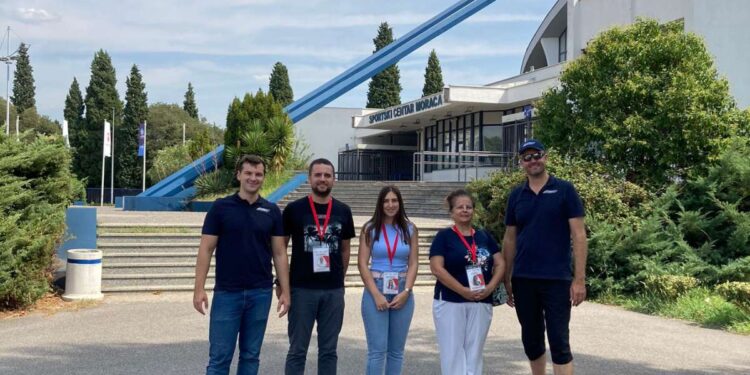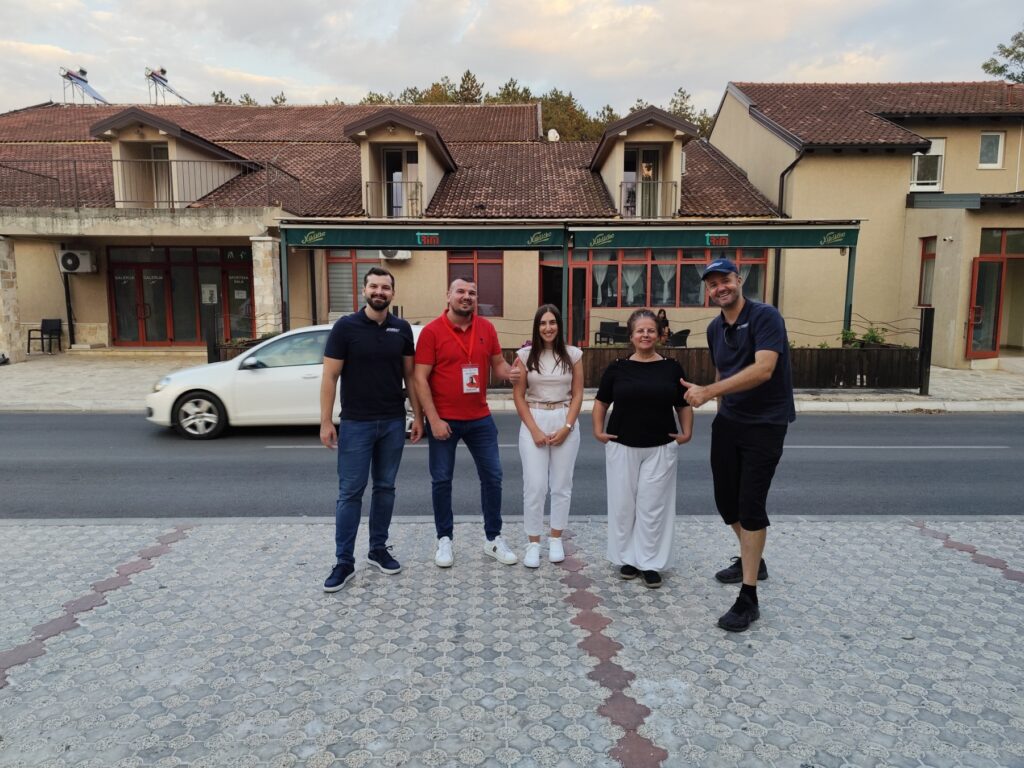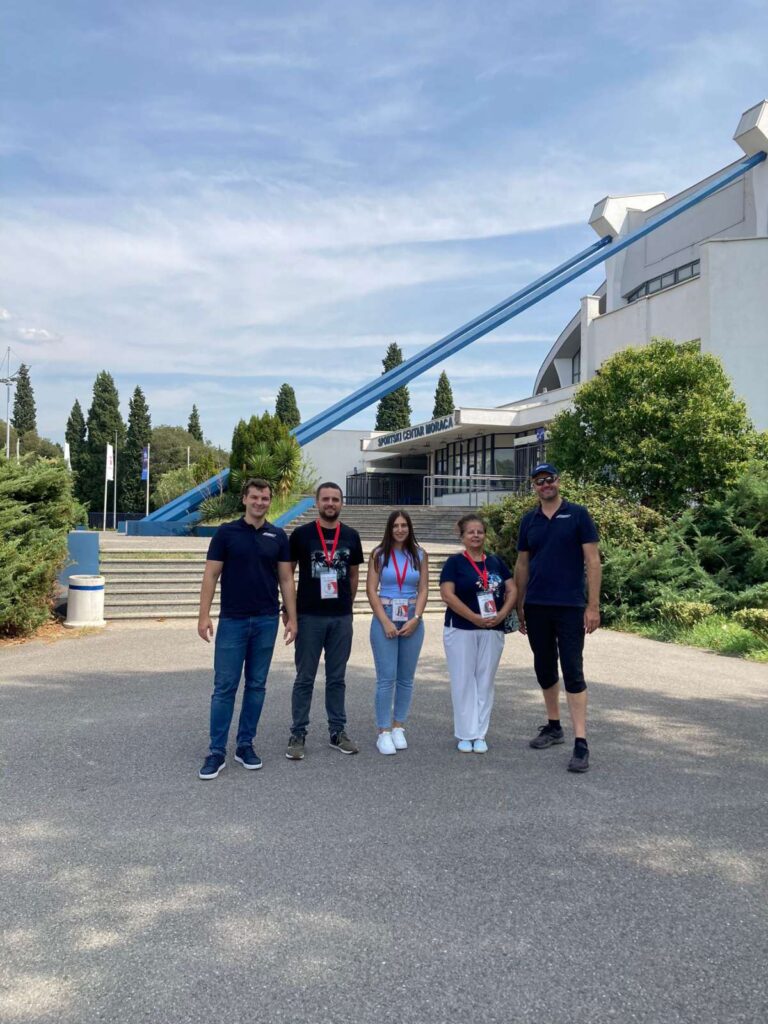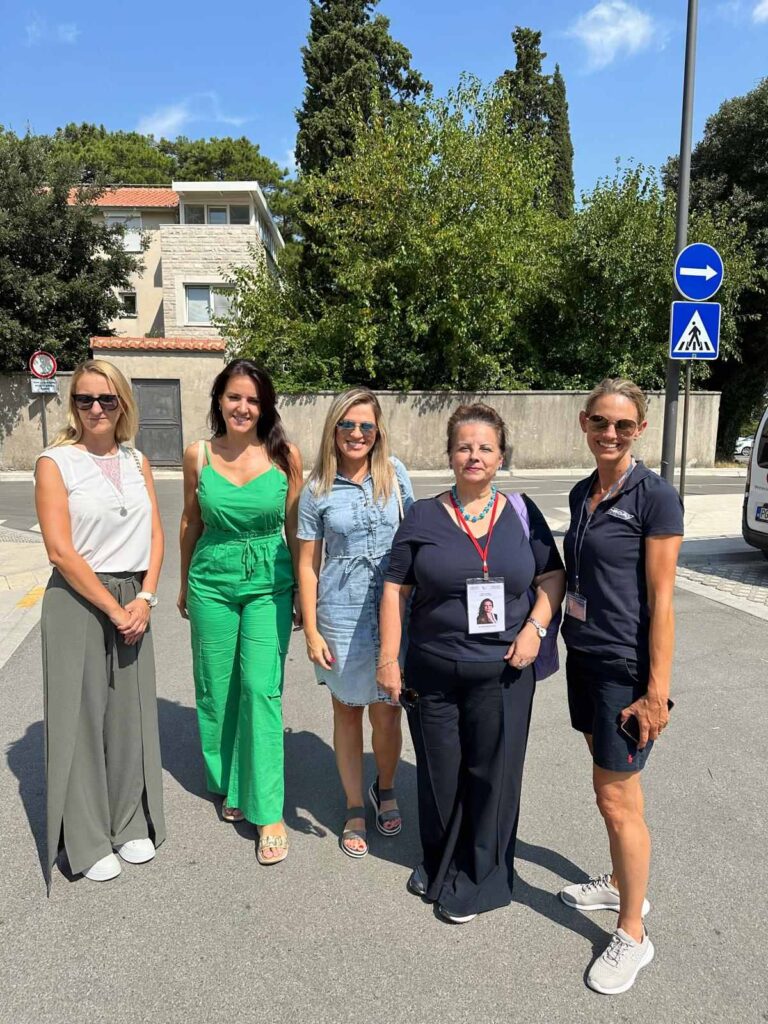



The Anti-Doping Commission of Montenegro began with doping control of blood samples, thus entering a new phase of implementation of the International Standard for Testing and Investigations in Montenegro.
“According to the recommendations of the World Anti-Doping Agency (WADA), Montenegro has started recording biological passports and hematological parameters. Through the activities of the Montenegrin team and Austrian colleagues, blood samples and a sample for the biological passport were collected from four top athletes in Podgorica, Kotor and Nikšić and sent for analysis to the accredited WADA laboratory in Vienna”, said the Director of the Anti-Doping Commission Dr. Olivera Prodanović, reminding that the NADA Austria is the mentoring institution of Montenegrin NADO.
The results and values of the hematological and steroid profile, explained Prodanović, will be in the ADAMS database.
“Following the achievements of our athletes, it became necessary for the Anti-Doping Commission to implement this segment of the International Standard for Testing and Investigations in Montenegro. This fulfills part of WADA’s requirements related to compliance with the Anti-Doping Code, as well as the requirements of international Anti-Doping Conventions of UNESCO and the Council of Europe. Of course, this highlights the essential importance of stable financing of the Anti-Doping Commission, which unfortunately is not the case now,” said Director Prodanović.
She said that the recently started cooperation with the mentoring Anti-Doping Agency of Austria and the Institute for Blood Transfusion of Montenegro, contributes extremely to the successful implementation of the hematology program and indicates that the national anti-doping organization is reaching a new, higher level of development, in which the demands are increasing.
“The mentorship of the Anti-Doping Agency of Austria significantly contributes to the work of the Anti-Doping Commission in the implementation of standards, directing the improvement of work and requirements in this area, and examples of good practice indicate that there is room for development in our national framework”, adds Prodanović.
In Montenegro, she recalled, the Anti-Doping Commission has so far conducted doping controls through urine samples.
“With the introduction of blood doping controls, our activities become even more professional and serious, which shows that we are ready to improve practice and contribute to preserving the integrity of athletes at the highest level”, points out Prodanović.
Prodanović expressed her gratitude to the Ministry of Health for the support it provides to anti-doping activities, stating that the two institutions share a common goal, which is to preserve the health of athletes.
ANTIDOPING COMMISSION OF MONTENEGRO
